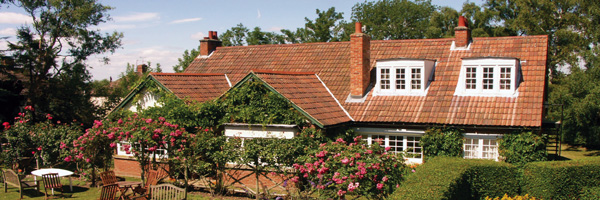
Word of the Day: Luminary
Today’s word of the day, thanks to the New York Times, is luminary. Luminary, according to dictionary.com, is a noun that means
- a celestial body, as the sun or moon.
- a body, object, etc., that gives light.
- a person who has attained eminence in his or her field or is an inspiration to others.
It can also be used as an adjective though it rarely is.
You might guess that the words comes into English from Latin through French, and you would be right. Etymonline.com tells us that it came into the language in the 1400s “from Old French luminarie (12c.), ‘lamp, lights, lighting; candles; brightness, illumination,’ from Late Latin luminare ‘light, torch, lamp, heavenly body,’ literally ‘that which gives light,’ from Latin lumen (genitive luminis) ‘light, source of light, daylight, the light of the eye; distinguished person, ornament, glory,’ related to lucere ‘to shine,’ from suffixed (iterative) form of PIE root *leuk– ‘light, brightness.’” By the way, the genitive case in Latin is what English grammar calls the possessive case, though the case, even in English, does not always refer to someone possessing something.
Etymonline adds, “Sense of ‘notable person’ is first recorded 1690s, though the Middle English word also had a figurative sense of ‘source of spiritual light, example of holiness’ (mid-15c.).
On This Day lists several historical events for November 22, some of which involve individuals. For instance, Vasco da Gama rounded the Cape of Good Hope on his way, with a bunch of others who really did help him, to India. John F. Kennedy was assassinated on this date in 1963 by Lee Harvey Oswald, perhaps with the help of a bunch of others. Angela Merkel became the first female Chancellor of Germany in 2005, again, with the help of others.
But this date marks the passing of a true luminary, Clive Staples Lewis.
Lewis is best known today for The Chronicles of Narnia, but he was far more than a children’s author. Born in Belfast, Northern Ireland, he was baptized into the Church of Ireland but as a teen turned away from the faith. He loved what he called Northern things, meaning specifically the myths and stories of the Norse, though he was also attracted to Greek mythology.
It was that interest in mythology that was the opening for his return to the Faith. He became a faculty member at Oxford University where he met J. R. R. Tolkien. He went into the relationship with some uncertainty—he was told never to trust a philologist, which is what Tolkien was. The two of them, along with some others in the Oxford community, created a group for weekly gatherings called The Inklings. They began their meetings with an interest in Old English and Old Norse stories, but gradually the group engaged in other activities, like reading their own work to each other.
His movement back toward the faith began with reading authors like George MacDonald and G. K. Chesterton. But the clincher was a late night walk with Tolkien and fellow Inkling Hugo Dyson. In short, their argument used Lewis’s interest in mythology to show that sometimes mythic stories can be real.
Lewis went on from this conversion to become a well-known Christian apologist. Some have called him a lay theologian, but he seemed more a popularizer of the doctrines of the Church of England. He did a famous radio broadcast over the BBC during World War II. He wrote fiction, religious non-fiction, and literary criticism. He is best known for The Chronicles of Narnia, but his space trilogy is also very popular. His two autobiographies are also very popular. He also engaged in some allegory.
Lewis died on this date in 1963, the same day that JFK was assassinated, which probably explains why many people, including those who find Lewis’s writings inspiring, cannot recall his passing. It has been 59 years since his light was extinguished.
The image is of The Kilns in Headington, Oxford, where Lewis made his home for most of his adult life. You can tour The Kilns if you visit Oxford, but they take only cash.